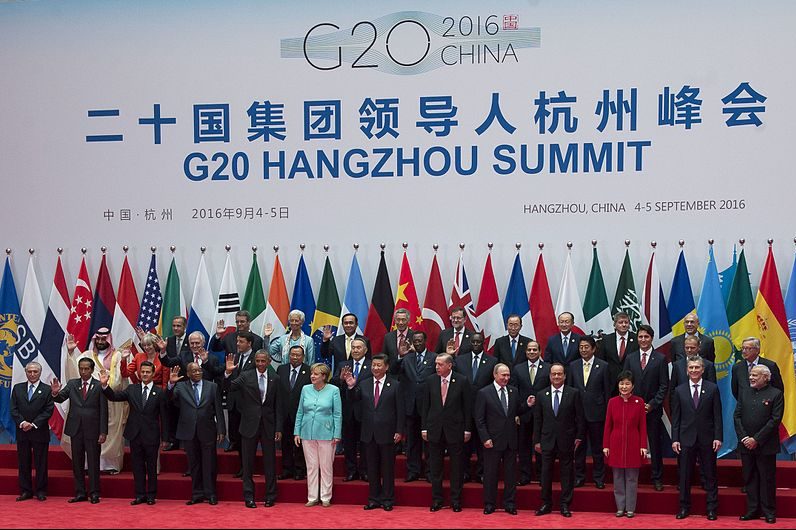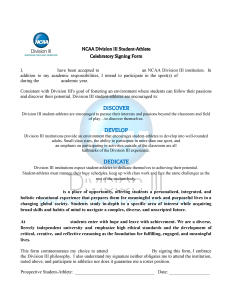G20 Summit in China
World leaders meet to discuss global problems
The world leaders participating in the 2016 G20 Summit in Hangzhou, China.
September 6, 2016
Every year since 1999, the leaders from the world’s twenty largest economies gather to discuss recent world events and how they have affected the international economy. From tax evasion to global warming, they talk through each issue or topic and analyze how they will respond to them as a global economic governance. Countries from around the world are represented from almost every corner of the globe including countries such as South Korea, Australia, Canada and South Africa.
This year’s G20 summit was held in Hangzhou, China September fourth and fifth. The biggest topics that were discussed were tax evasion, international trade, fiscal stimulus, populist attacks against globalization and support for refugees. Along with these, other issues including global warming were mentioned by world leaders attending the meeting including United States President Barack Obama.
Leading up to the G20 Summit were several other events pertaining to it. President Barack Obama along with Chinese President Xi Jinping signed the Paris Agreement which is an agreement stating their respective countries will reduce emissions and pollution to stop the acceleration of global warming. Adding to cutting down on emissions, China had all factories in the Hangzhou region stop production, closed construction sites, gave all citizens week-long vacations and limited vehicles through the city drawing attention to China’s growing pollution problem which should decrease after ratifying the Paris Agreement.
During the Summit itself, world leaders called for the Organization for Economic Co-operation and Development to create a black list of tax havens or places where taxes on inheritance and similar acquisitions of money has little or no tax. The leaders hope that by targeting these tax havens they can begin to prevent tax evasion from occurring on a global scale.
They also looked for fiscal stimulus to help motivate and improve economic growth in struggling economies. This includes lowering or transferring taxes and increasing government consumption to lessen the economic gap between countries and eliminate public debt.
The G20 searched for ways to assist in supporting refugees from around the globe but especially from the Middle East. Some offed asylum and protection while others will try to help lower the amount of refugee deaths from hostile forces or fleeing a region.
With the G20 Summit now over for 2016, world leaders hope to see an improvement in global economic policies and improved economies. They aspire to see a decrease in debt, tax evasion and other non-economic issues such as global warming, but hope to see increased international trade among all countries and a stronger global economic governance and community. All together, this will improve economics on a global scale.




